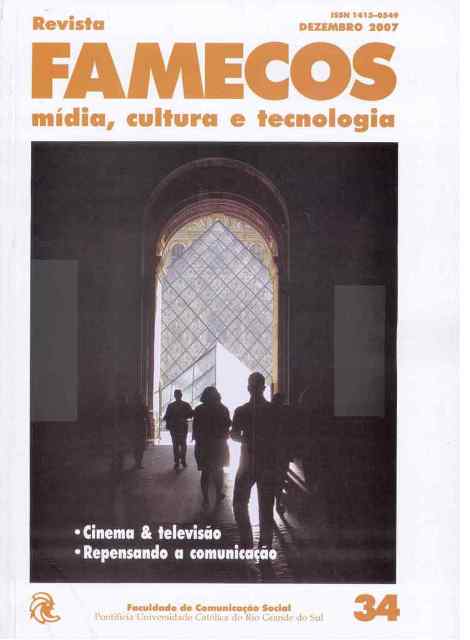The power of words and ideas: the case of Islamic fundamentalism
DOI:
https://doi.org/10.15448/1980-3729.2007.34.3461Keywords:
Mind-maps, Islamic fundamentalism, cultureAbstract
This is a study on the theoretical debate that was established around the thesis of the civilizational shock. It explores the argument that culture has been a disregarded and overlooked variable in the examination of contemporary social and political themes. It also explores the theme of Islamic fundamentalism from a cognitive perspective. It shows the theological currents and internal crisis to Islam around the interpretation of its sacred sources. Finally, he contemplates the political relevance of the role that ideas and indoctrination play in shaping the mental maps of individuals, human groups, and nations.
Downloads
References
BIELEFELDT, Heiner. Muslim Voices in the Human Rights Debate. 1995.
BOULDING, Kenneth. The Image. Ann Arbor, University of Michigan Press, 1956.
HARRISON, Lawrence E.; HUNTINGTON, Samuel P. Culture Matters. Basic Books. New York, 2000.
HARRISON, Lawrence E.; KAGAN, Jerome. Developing Cultures. Essays on Cultural Change. Routledge, 2006.
HUNTINGTON, Samuel P.. O choque de Civilizações. Rio de Janeiro: Ed. Objetiva, 1996.
Downloads
Published
How to Cite
Issue
Section
License
Copyright
The submission of originals to Revista Famecos implies the transfer by the authors of the right for publication. Authors retain copyright and grant the journal right of first publication. If the authors wish to include the same data into another publication, they must cite Revista Famecos as the site of original publication.
Creative Commons License
Except where otherwise specified, material published in this journal is licensed under a Creative Commons Attribution 4.0 International license, which allows unrestricted use, distribution and reproduction in any medium, provided the original publication is correctly cited.






